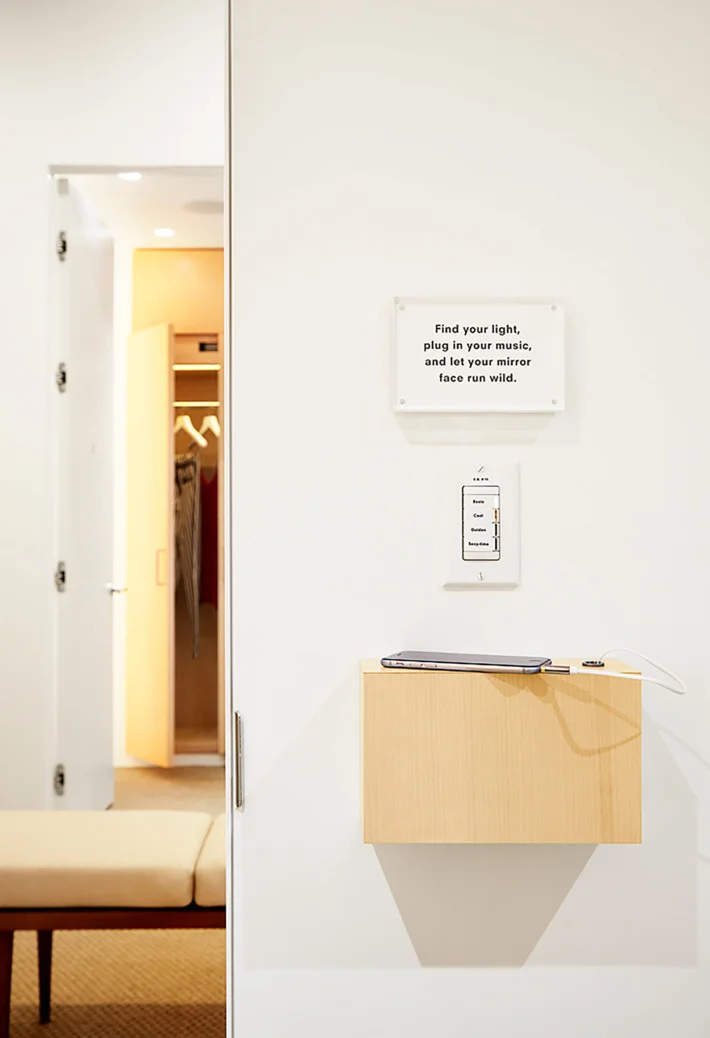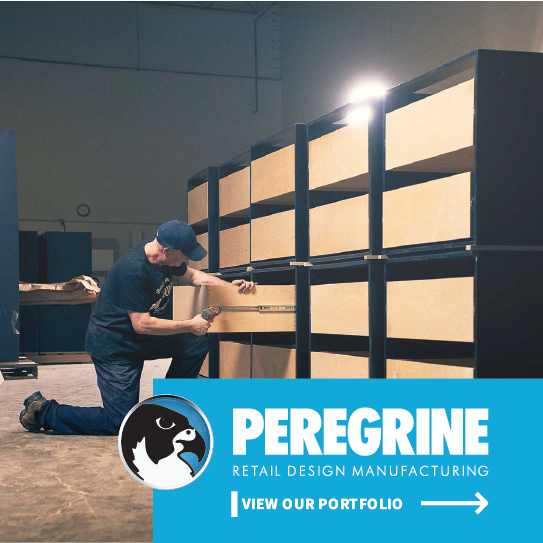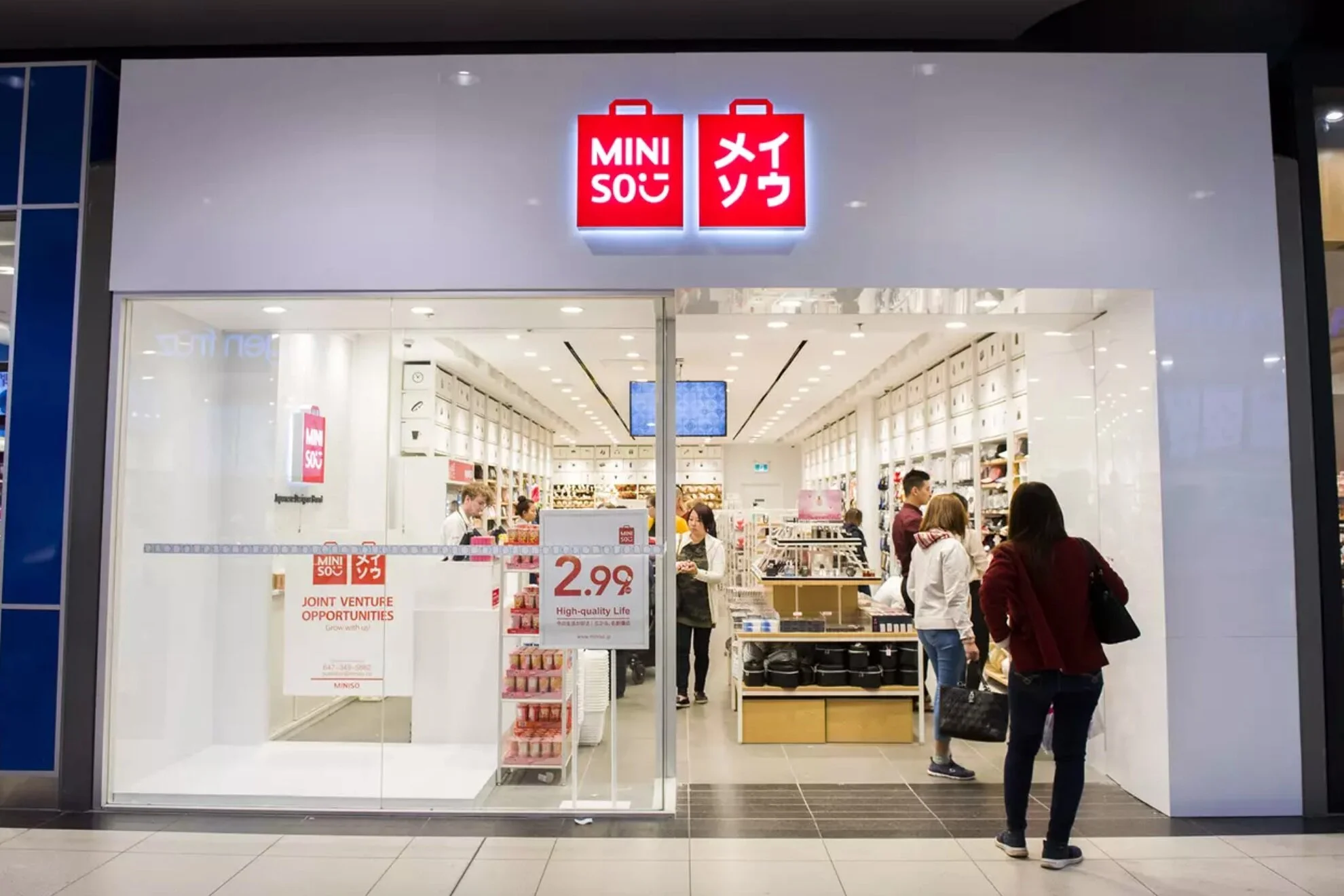Innovative Fashion Brand ‘Reformation’ Plans to Enter Canada with Retail Stores
/By Craig Patterson
Eco-friendly US-based women’s fashion brand Reformation has retained a brokerage to enter the Canadian market by opening direct-to-consumer stores. The cutting-edge retailer will no doubt wow Canadians with its in-store technology, and impress with its sustainability focus. Reformation is the latest international retailer to look to enter Canada, which is seeing unprecedented interest from foreign retailers looking to open standalone stores.
Known for being a “cool girl” clothing company (as stated in Allure), Reformation has become popular amongst celebrities such as Rihanna, Taylor Swift, and model Karlie Kloss. The company says that its goal is to create designs that are sexy, edgy and feminine, utilizing sustainable methods and materials.
Reformation's fashions are, in many instances, vintage-inspired with products such as maxi dresses with high slits and button-down dresses with kitchy slogans — it’s something of a deviation from eco-friendly labels that might be more ‘hippie style’. Prices are mid-range — dresses on its US website generally range between $128 and $218 for example. New designs are released regularly, sometimes as often as every week. About 60% of the brand’s clothing is manufactured in its Los Angeles factory, and the company continues to seek ways to increase production while staying true to the brand’s ethos.
The majority of Reformation’s woven fabric is made of viscose, a man-made fibre made from renewable plant material. About half of its viscose fibre is manufactured by Austrian company Lenzing, and the other half comes from an Indian manufacturer — they're the only two such suppliers that Reformation has deemed worthy, given their high score in a CanopyStyle audit (which certifies that trees are sources sustainably and that ancient/endangered forests weren’t harmed, amongst other considerations). Several other fibres are used in Reformation’s fashions, including TENCEL™ Lyocell and viscose (a wood based fibre), linen, and Recover® yarns that are made from old clothes and fabric waste. In-store displays provide information on products using a ‘RefScale’, which is a measure of the garment’s manufacturing process which includes water usage, carbon emissions, and waste generated in manufacturing.
Furthermore, nearly 15% of Reformation’s products are made out of “deadstock” fabrics — the company buys old, leftover, and over-ordered fabric from other designers and fabric warehouses. As well, between 2% and 5% of Reformation’s products are made from vintage clothing, which is purchased from wholesalers in the United States.
Its store format is akin to a tech-heavy showroom, where one of each item is on display in the retail space. Shoppers can browse samples and select what they’d like to try on through touchscreen monitors in the store (in a cheeky fashion, some monitors say ‘I like to be touched’). Sales associates bring shoppers the items they’d like to try on through double-sided wardrobes in dressing rooms. If an item doesn’t fit, shoppers can request a different size using a tablet, and a voice in the device’s speaker guides the shopper to close the wardrobe door — in 90 seconds or less, new items are added. If shoppers choose to not interact with store employees, items can be ordered to a fitting room using one of the monitors, which updates the store’s inventory in real-time.
It’s all about the experience and Reformation’s dressing rooms also feature phone chargers, speakers (customers can choose their own music), and buttons that allow shoppers to change lighting to a desired ‘colour temperature’ — settings include ‘basic’, ‘cool’, ‘golden’ and ‘sexy-time’. Such innovations are currently uncommon in Canadian stores, and Reformation’s business model could serve to differentiate it from competitors (including online shopping).


The lack of stock on the sales floor, as well as hangers that fit into ‘grooves’ gives Reformation the appearance of being a higher-end store. The lack of displayed stock also removes the need to rummage through seemingly endless racks of clothing in stores such as Winners or Hudson’s Bay.
According to its website, Reformation has 13 stores in the United States — four are in the Los Angeles area, four in New York (one in the Hamptons), two are in San Francisco, and there are individual stores in Boston and Dallas. Stores in Santa Monica CA and Washington DC are on the way, according to its website, with reports noting that Chicago and other cities will also see locations. Reformation stores are located on urban street-fronts from the addresses listed on its website.
Reformation has retained Jeff Berkowitz of Aurora Realty Consultants to spearhead Reformation’s expansion into Canada. According to Aurora Realty Consultants' website, Reformation stores in Canada will ideally be in the 2,000 to 3,000 square foot range on high streets.
Given its eco-messaging and innovative technology, Reformation is likely to be a hit amongst Canadian shoppers. It’s anyone’s guess where the retailer will choose to open its first store, with targeted high streets possibly including the likes of Queen Street West in Toronto -- Canada's largest city is the likely entry point. We’ll be following this story and will announce any locations once they’ve been secured.
International retailers are looking at entering the Canadian market like never before. Last year we counted more than 50 brands that entered Canada by opening stores, and this year there could be even more. It's ultimately going to be a matter of survival of the fittest, and innovative retailers like Reformation could end up taking market share from more traditional and homegrown retailers.
Craig Patterson, now based in Toronto, is the founder and Editor-in-Chief Retail Insider. He's also a retail and real estate consultant, retail tour guide and public speaker.
Follow him on Twitter @RetailInsider_, LinkedIn at Craig Patterson, or email him at: craig@retail-insider.com.





















![Uniqlo Opens Massive Downtown Montreal Flagship as it Enters the Quebec Market [Photos]](https://images.squarespace-cdn.com/content/v1/529fc0c0e4b088b079c3fb6d/1603643563549-N7OOPD8K3JVF0G6DLGM0/UNIQ2.jpg)


![Menswear Retailer ‘Ernest’ Unveils New Concept Store in Montreal Following Creditor Protection Filing [Photos]](https://images.squarespace-cdn.com/content/v1/529fc0c0e4b088b079c3fb6d/1602520699510-3I83BVKV8EOISK5JSSVF/IMG_8551.jpg)
![Louis Vuitton Opens Impressive Yorkdale Flagship Store in Toronto [Photos]](https://images.squarespace-cdn.com/content/v1/529fc0c0e4b088b079c3fb6d/1602002161060-J2L2MR58BPZEBMCAP507/Michael_Muraz_-_Louis_Vuitton_Yorkdale_01C.jpg)


![Montreal-Based Outerwear Brand ‘Quartz Co.’ Opens 1st Physical Storefront [Photos]](https://images.squarespace-cdn.com/content/v1/529fc0c0e4b088b079c3fb6d/1601482525475-CUL9GGT6FPSTDAHOI33S/Screen%2BShot%2B2020-09-30%2Bat%2B11.26.38%2BAM.jpg)


![Retail-insider-NRIG-banner-300-x-300-V01-3[2].jpg](https://images.squarespace-cdn.com/content/v1/529fc0c0e4b088b079c3fb6d/1593476525034-QRWBY8JUPUYFUKJD2X9Z/Retail-insider-NRIG-banner-300-x-300-V01-3%5B2%5D.jpg)
![Retail-insider-NRIG-banner-300-x-300-V01-2[2].jpg](https://images.squarespace-cdn.com/content/v1/529fc0c0e4b088b079c3fb6d/1593476491497-W6OZKVGCJATXESC9EZ0O/Retail-insider-NRIG-banner-300-x-300-V01-2%5B2%5D.jpg)
![Retail-insider-NRIG-banner-300-x-300-V01-4[2].jpg](https://images.squarespace-cdn.com/content/v1/529fc0c0e4b088b079c3fb6d/1593476508900-TJG5SNQ294YNOCK6X8OW/Retail-insider-NRIG-banner-300-x-300-V01-4%5B2%5D.jpg)